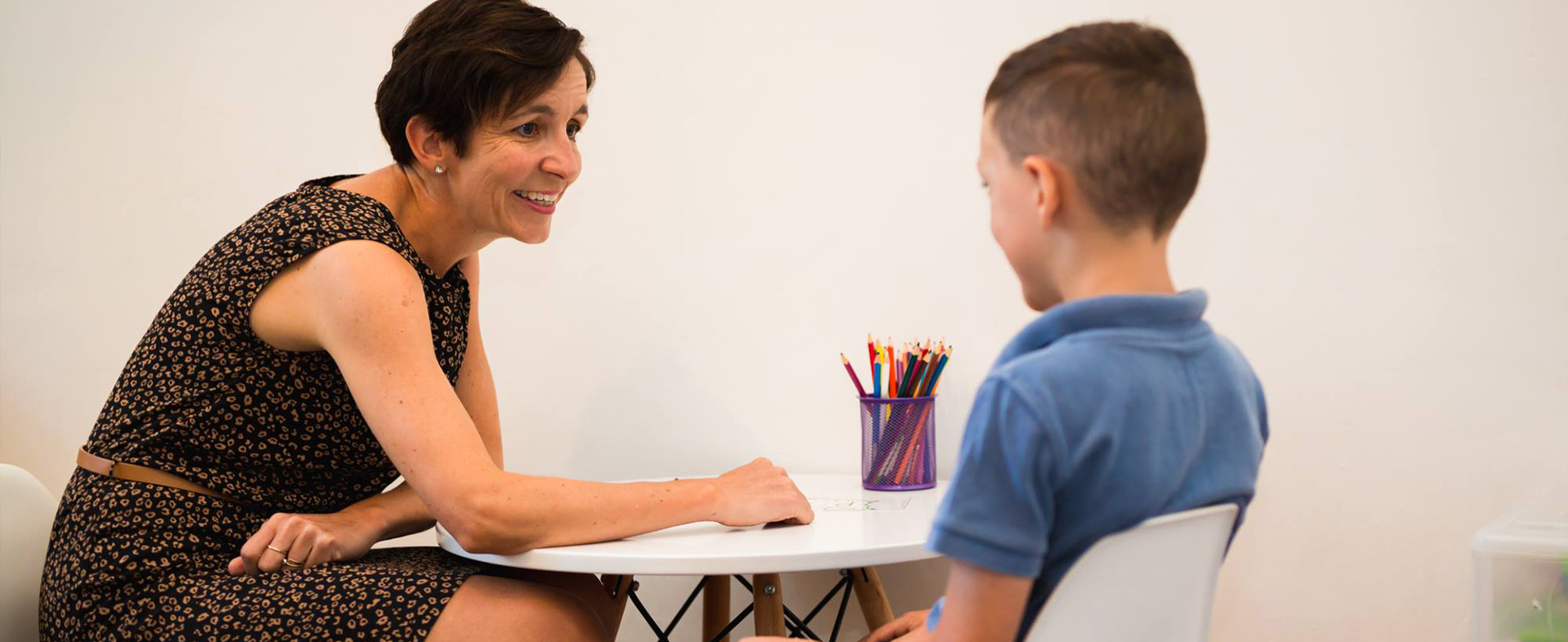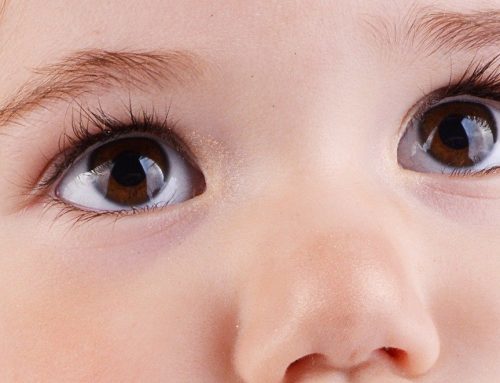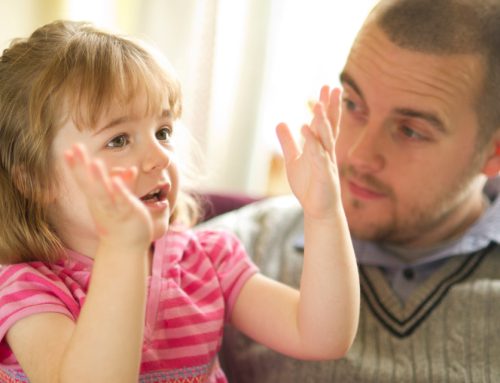It’s that time of year again…when our preschool aged children will soon attend Kindergarten orientation programmes and transition to school!
Is your child, a child you care for, or a child you educate ready for school?
Do you have concerns or confusion about what skills are important to nurture in order to give your child the best chance of a successful start to his or her schooling?
Look no further. When it comes to speech, language and communication skills we have you covered.
As parents and early childhood educators, we play a crucial role in preparing our children for the exciting transition to kindergarten. Among the many essential skills required for this milestone, strong speech, language, and communication abilities are particularly vital. In this blog, we will explore eight key areas that will help children thrive as they embark on their kindergarten journey.
Here are our handpicked top Kindy Readiness Skills and ways that you can support your child, a child you care for or a child you educate develop them over the next 6 months!
Get your free School Readiness speech and language checklist here
Initiate and Sustain Conversations
Encouraging children to start conversations with others and to keep these going back and forth over multiple turns fosters social interactions and builds their confidence in expressing their thoughts and ideas. Be sure to give your child many opportunities to engage in meaningful conversations with you with opportunities for active listening and turn taking.
Answer a Range of Open Ended WH – Questions
Incorporate open ended WH-Questions into your daily conversations, asking your child about their day, their favourite activities, or their interests. Questions starting with ‘what’ ‘where’ ‘who’ ‘when’ ‘where’ ‘how ‘ and ‘why’ will help conversations to keep flowing with your child and will encourage your child’s understanding and recall to develop.
You can also develop these skills when sharing story books together. It is important to mix these questions naturally amongst other types of language such as comments and statements so that your child doesn’t feel pressured or ‘tested’. Keep it fun and playful.
These skills are important for children when starting school to respond to questions from their teacher and during activities such as ‘show and tell’ when other children may ask questions or seek clarification about your child’s news item.
Understand and Follow Spoken Instructions
This is a big one! One of the most important and obvious differences between home, early childhood settings and a Kindergarten classroom is that your child will now be in a large group of children with 1 teachers. Your child will need to far more listening than ever before. He or she will need to tune in, listen to, understand and follow many spoken instructions throughout the day. You can help you child by providing your child will opportunities at home to follow simple instructions. They can gradually increase in complexity as your child becomes more adept. Break the instructions down into smaller steps to make them more manageable and use visual cues such as gestures and facial expressions to help your child succeed.
There are many opportunities throughout the day for you to give your child these opportunities e.g. when unpacking groceries, setting the table for a meal, sorting washing, when tidying up toys and when packing a lunchbox and backpack for a day at preschool.
Understanding a Range of Concept Words
When starting school, your child will need to understand the meaning of some more complex concepts such as ‘before’ ‘after’ ‘first’ ‘last’, concepts that describe position or location such as ‘in front of’ ‘in between’, as well as the names of colours, shapes and sizes.
You can help your child learn to understand the meaning of these concepts by introducing these naturally in everyday interactions. Keep an eye out for picture books which also talk about these words and their meanings.
Starting to talk about the concepts of time with concepts such as today, tomorrow, on the weekend, next week, and yesterday, can also be helpful as these concepts can take some time for your child to fully comprehend.
Speak Clearly
If your child or a child you educate or care for is over the age of 4 years and is still difficult for others to understand, then it may be worth seeking the opinion of a speech pathologist. By the age of 4 years, we expect a child’s speech to be clear. This provides them some readiness to start ‘mapping’ letter names to those speech sounds when they start Kindergarten and can help early reading and spelling skills to develop. Children who are difficult for others to understand may also struggle socially to form and maintain friendships with other children so it is well worth seeking help in this area now if you have any concerns about your child’s development.
In the meantime, provide your child with good, clear speech models. Place some random items and toys into a bag. Sit face to face and have fun taking turns to select an item. You can hold the item up to the side of your mouth to clearly model the name of the item. This helps your child to hear as well as ‘see’ noise makers in action and will help your child develop stronger brain pathways for clear speech!
If your child is finding this area of development difficult, be sure to recast any misarticulated words back to your child during day to day conversation e.g. If you child says “Wook…a tat over dair”…you can respond by recasting “Look…there is a cat over there….a cat over there!”
Retell or Recount Experiences Coherently
Being able to retell experiences coherently requires both comprehension and story telling skills. There is much evidence linking this style of language use to success at school with reading and writing. Encourage your child to recall and share their day’s events, in a clear sequence with descriptive details. This practice helps them organise their thoughts and develop storytelling abilities.
You can help your child by occasionally asking WH – questions and providing sentence starters such as ‘..and after we saw Grandma we went to the….?’
You can also help your child by recasting back to them what they have tried to communicate i.e. the intent of their message, as they ‘would if they could’.
Listen actively in group settings
Whilst a tricky one for parents to support at home due to the ‘group’ nature of this skill, this is a very important skill for children to master if possible before starting Kindergarten. Active listening is crucial in classroom environments. Engage your child in activities that promote listening skills, such as storytime or music sessions. Check in with your child’s early childhood educator to see if your child needs a little more practice to develop skills in turn-taking, waiting patiently, and responding appropriately to others during conversations to enhance their listening abilities.
Play with other children
Finally, the ability to play collaboratively with other children is a vital skill for children starting Kindergarten. Collaborative play enhances social skills, including communication and cooperation. Encourage your child to engage in interactive play with other children, fostering the development of important social and communication abilities. Encourage sharing, turn-taking, and resolving conflicts so that your child has plenty of practice navigating the complex world of the playground before starting Kindergarten.
As always, discuss any concerns you have regarding your child’s development of these important skills with your child’s early childhood educator. There is still plenty of time to help your child build the important speech, language and communication skills required for a successful start to Kindergarten.





